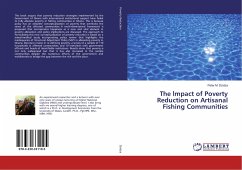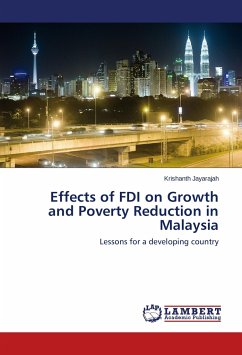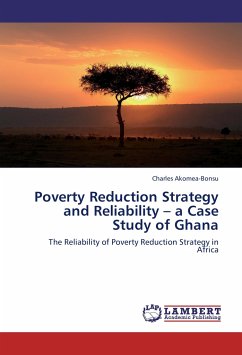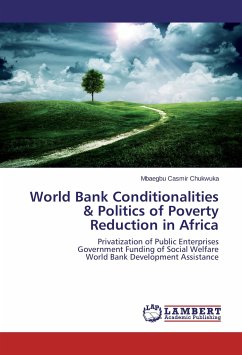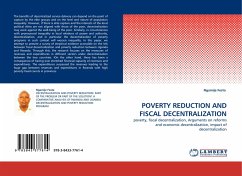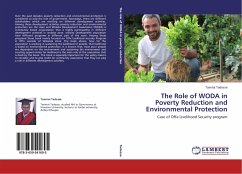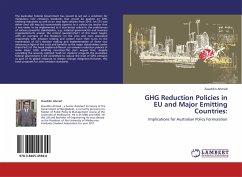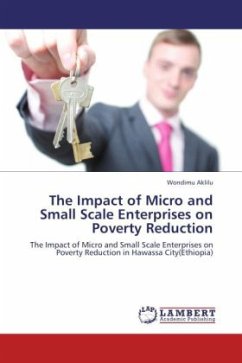This book argues that poverty reduction strategies implemented by the Government of Ghana with international institutional support have failed to fully alleviate poverty in fishing communities in Ghana. This is because policy has an obsolete conceptualization of poverty that overlooks the views of the affected communities. A multi-dimensional framework is proposed that incorporates happiness as a new and vital element in poverty alleviation and policy implications are discussed. The approach to formulating this new conceptualization of poverty reduction is based on a mixed-method study incorporating policy review that highlights the inadequacies of Structural Adjustment Policy (SAP) in alleviating poverty in Ghana; literature review in re-defining poverty; a survey of a sample of 110 households in affected communities; and 10 interviews with government officials and heads of identifiable institutions. Results show that poverty is not only widespread but that it has also increasedin the sample communities despite the numerous efforts of the government and multilaterals to bridge the gap between the rich and the poor.
Hinweis: Dieser Artikel kann nur an eine deutsche Lieferadresse ausgeliefert werden.
Hinweis: Dieser Artikel kann nur an eine deutsche Lieferadresse ausgeliefert werden.

